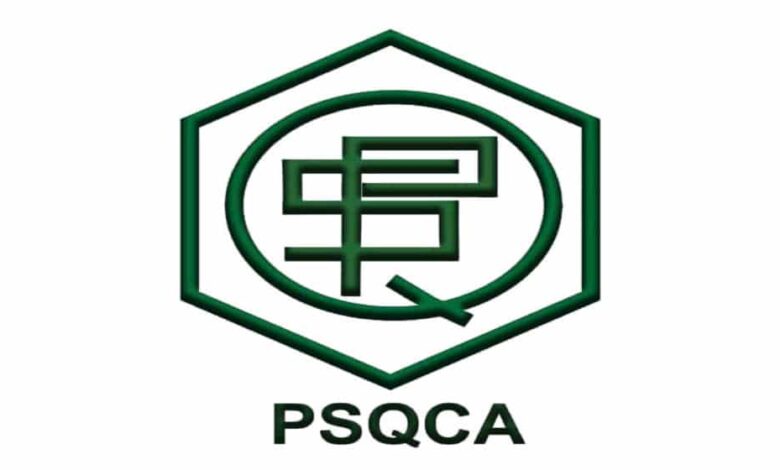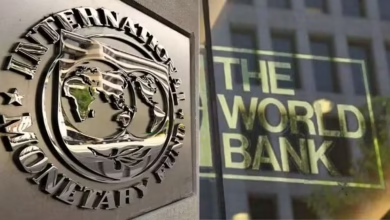Govt Proposes Unqualified Panel for DG PSQCA Appointment

In apparent disregard for the stated eligibility requirements, the Ministry of Science and Technology (MoST) has once again come under fire for putting forth a group of applicants for the position of Director General (DG) of the Pakistan Standards and Quality Control Authority (PSQCA).
Since the top two suggested applicants apparently don’t fit the specific technical qualifications for the well-known position, the action has sparked worries.
Official sources claim that one of the candidates was suggested as the best option even though their background was mainly unconnected to PSQCA’s primary duties. Her experience includes ten years at the Higher Education Commission (HEC), over two years at the Punjab Higher Education Department, and five years as the Chairperson of the Private Educational Institutions Regulatory Authority (PEIRA).
Standardization, conformance assessment, product testing, labeling, quality assurance, and other regulatory domains—especially those pertaining to import and export operations—are specifically necessary for the role of DG PSQCA.
With more than 15 years of experience at Bahauddin Zakariya University in Multan, where she mostly worked on academic quality, plagiarism control, and thesis evaluation—areas that are not directly related to PSQCA’s technical mandate—the second applicant on the panel likewise lacks relevant experience.
The third candidate, on the other hand, has relevant experience within PSQCA and is considered by insiders to be the only one of the three nominees with appropriate and direct knowledge of the authority’s functioning.
Federal Minister for Science and Technology Khalid Hussain Magsi, Secretary MoST Sajid Baloch, and other selection board members oversaw the selection process.
This is the third time the ministry has tried to fill the DG PSQCA post with contentious or unfit applicants; the federal cabinet and Establishment Division have already turned down these attempts. Similar worries regarding non-compliance with the advertised conditions led the cabinet to reject a summary provided for the DG’s appointment just last month.
Ministry sources blame the protracted delay in making the appointment on ongoing attempts to choose applicants without the necessary training and expertise. The Senate Standing Committee on Science and Technology was recently informed by Secretary Sajid Baloch that the most recent summary has been submitted for approval and is presently being reviewed.
There are concerns regarding openness and procedural integrity because reports indicate that the prior summary was hurriedly prepared—on September 20, 2024, the day the interviews were conducted. No final decision has been made despite this being the fourth round of interviews for the position in recent years. Concerns about the shortlisted candidates’ failure to meet the MP-I Scale requirements to lead a sensitive and technological organization like PSQCA have been raised by qualified candidates on multiple occasions.
There have also been accusations of political meddling, with a number of contenders asserting that favoritism has taken precedence over merit. Legal challenges, lengthy delays, and the assignment of temporary “look-after” duties rather than a permanent appointment have resulted from these problems.
Concerns have been made about openness, legitimacy, and adherence to merit in the case, which is presently being decided by the Islamabad High Court. According to official records, the Federal Minister for Science and Technology chairs the Selection Committee, which was established in accordance with the Management Position Scales Policy 2020. Senior representatives from MoST, the Establishment Division, and the Pakistan Council of Scientific and Industrial Research (PCSIR) are also on the committee.
The most recent round of interviews took place at the ministry’s headquarters in Islamabad and involved over 30 contenders.
The DG post is of great national significance since PSQCA plays a crucial role in creating and implementing national standards for consumer safety and product quality. Meeting international trade regulations, maintaining public safety, and influencing industrial competitiveness will all be significantly impacted by the appointment.




